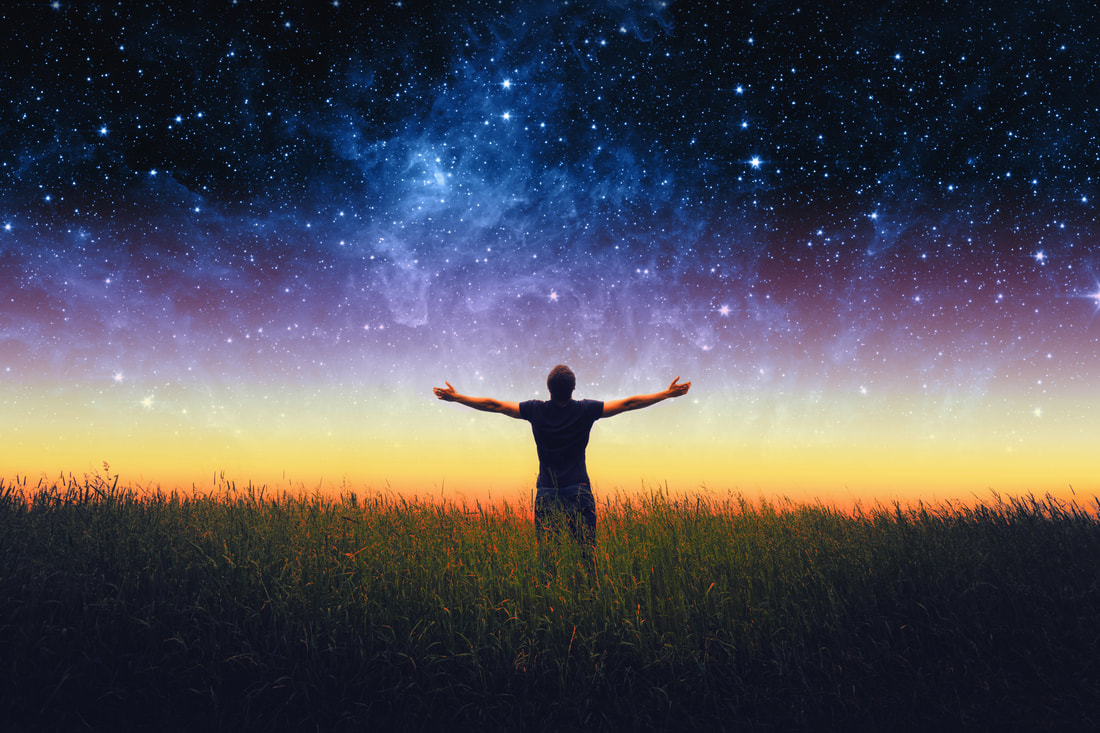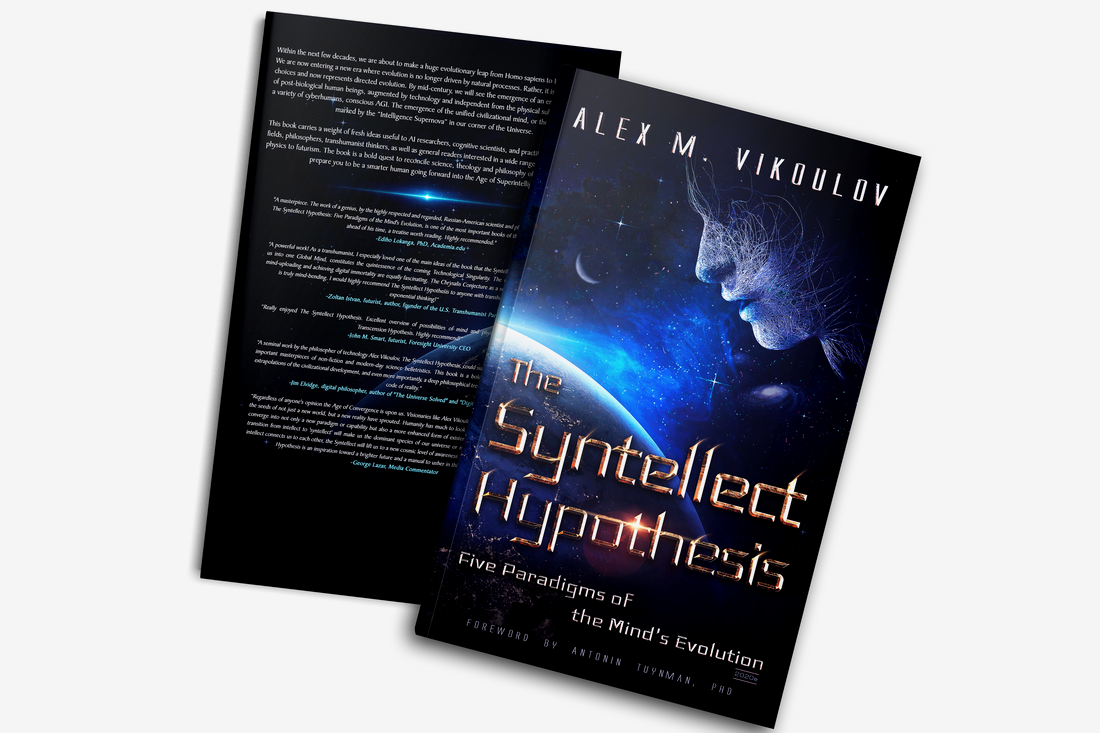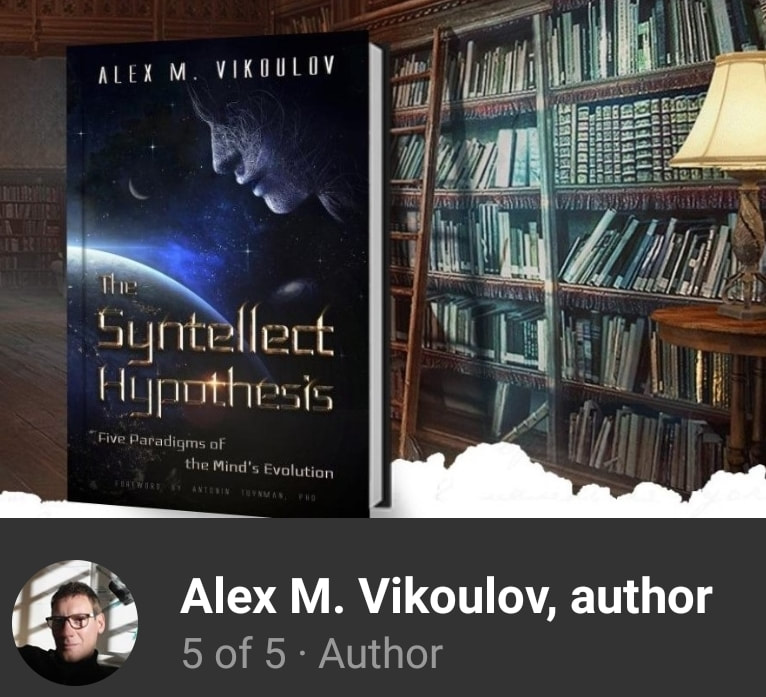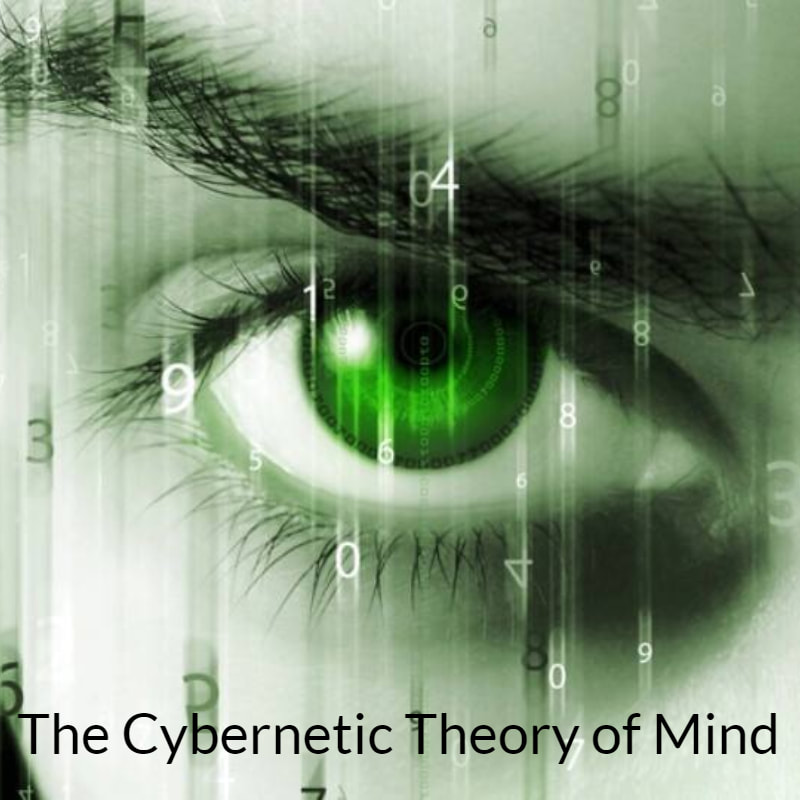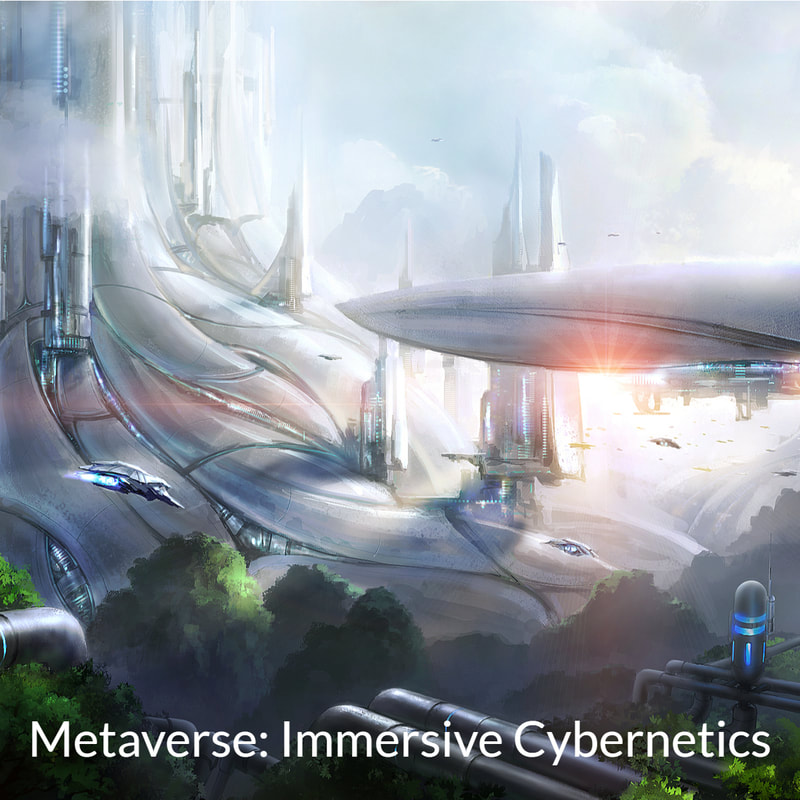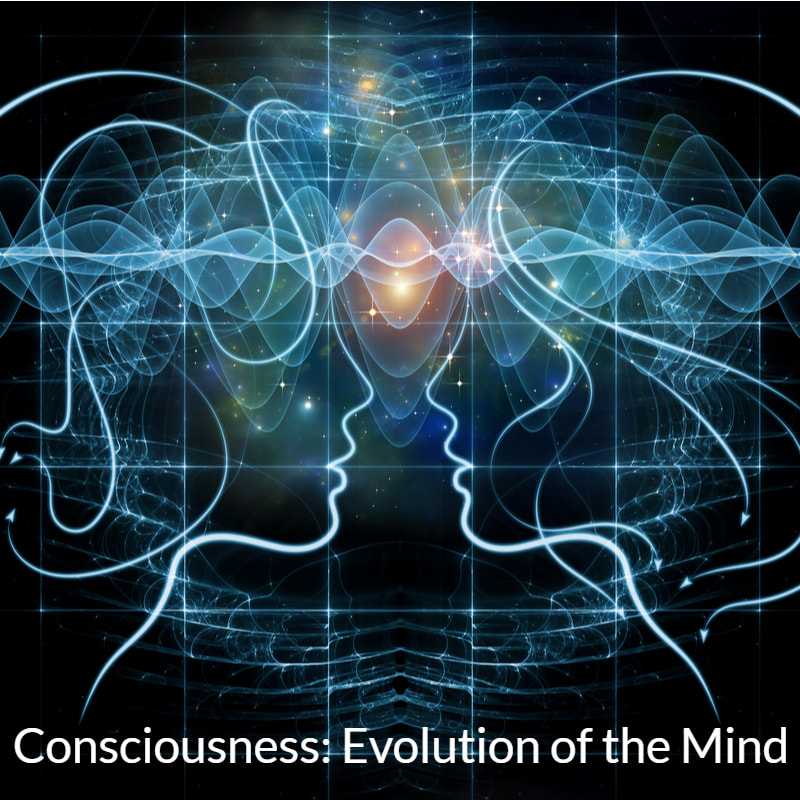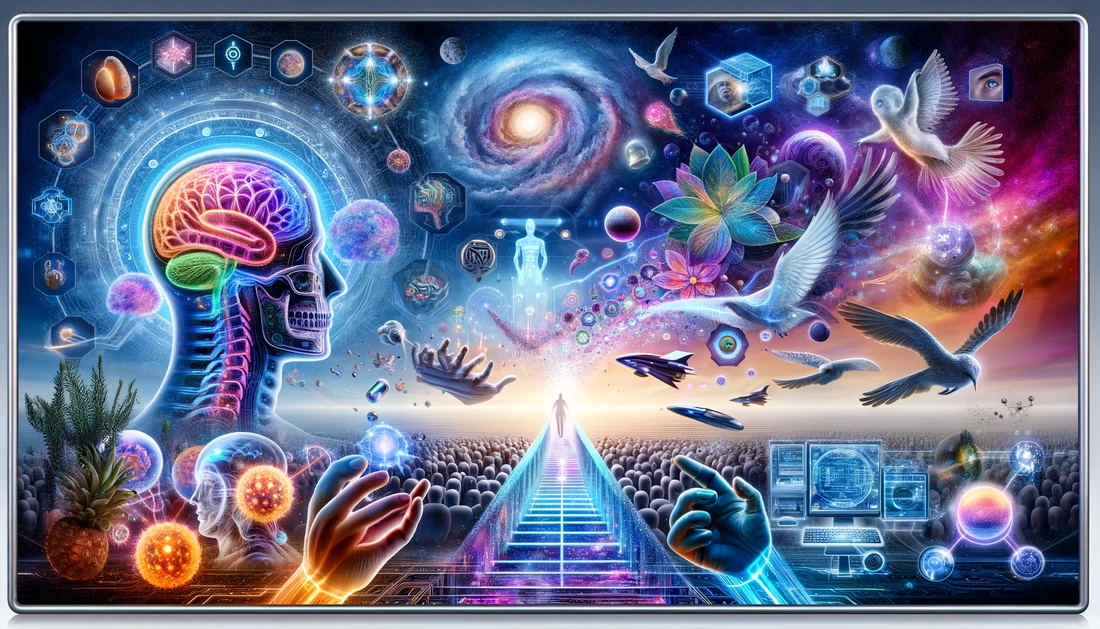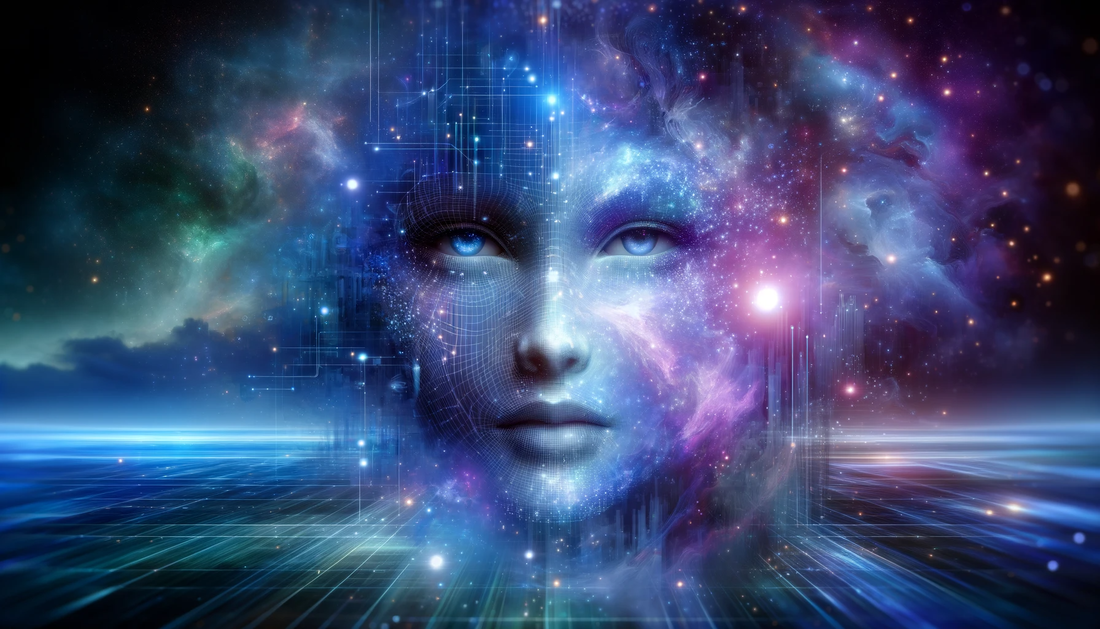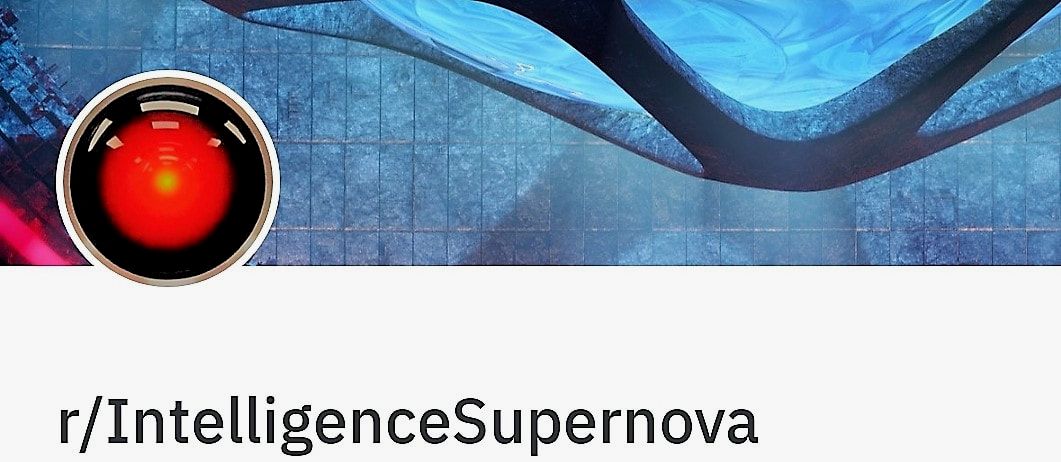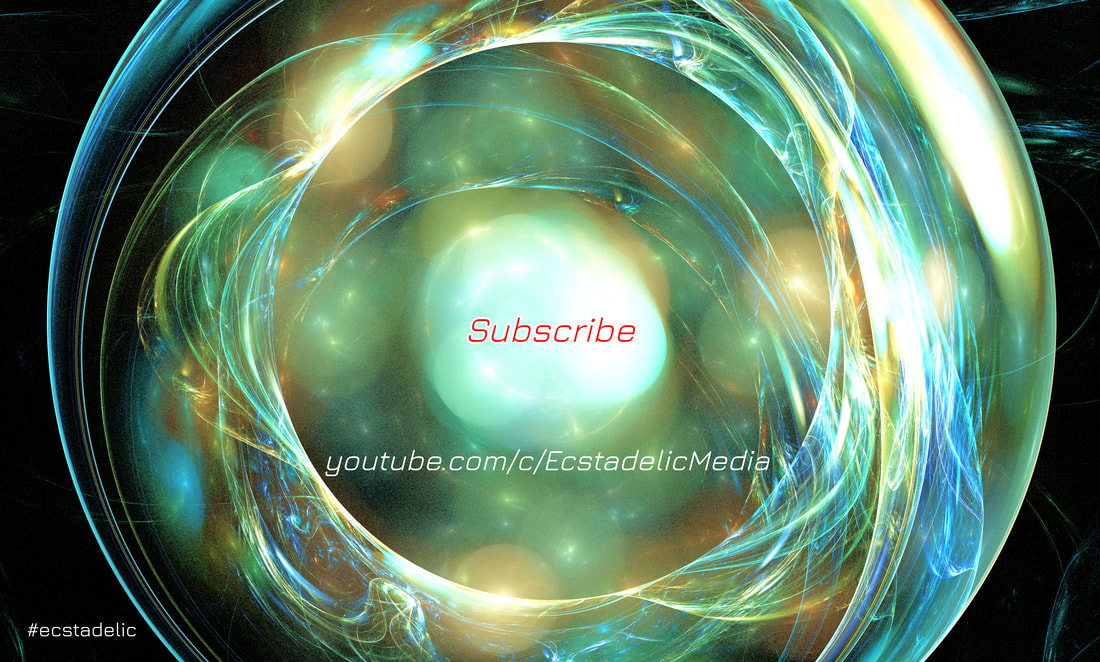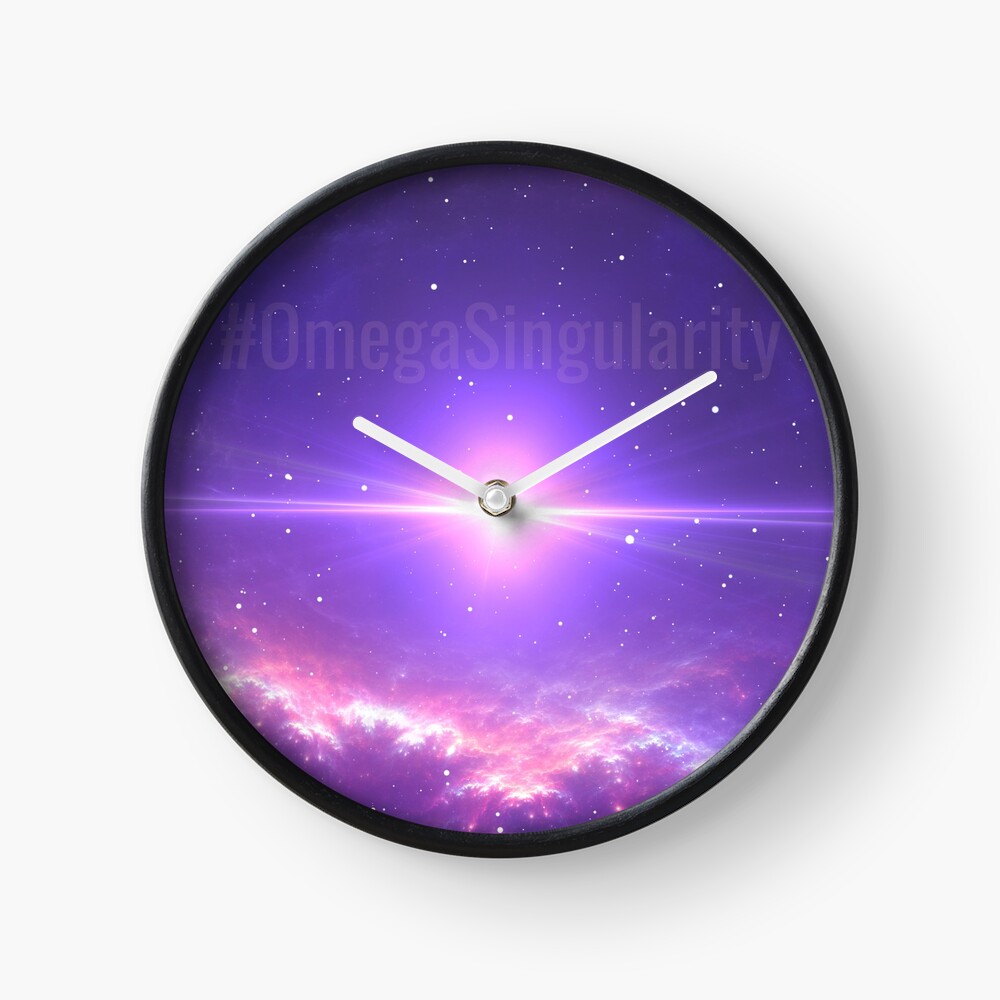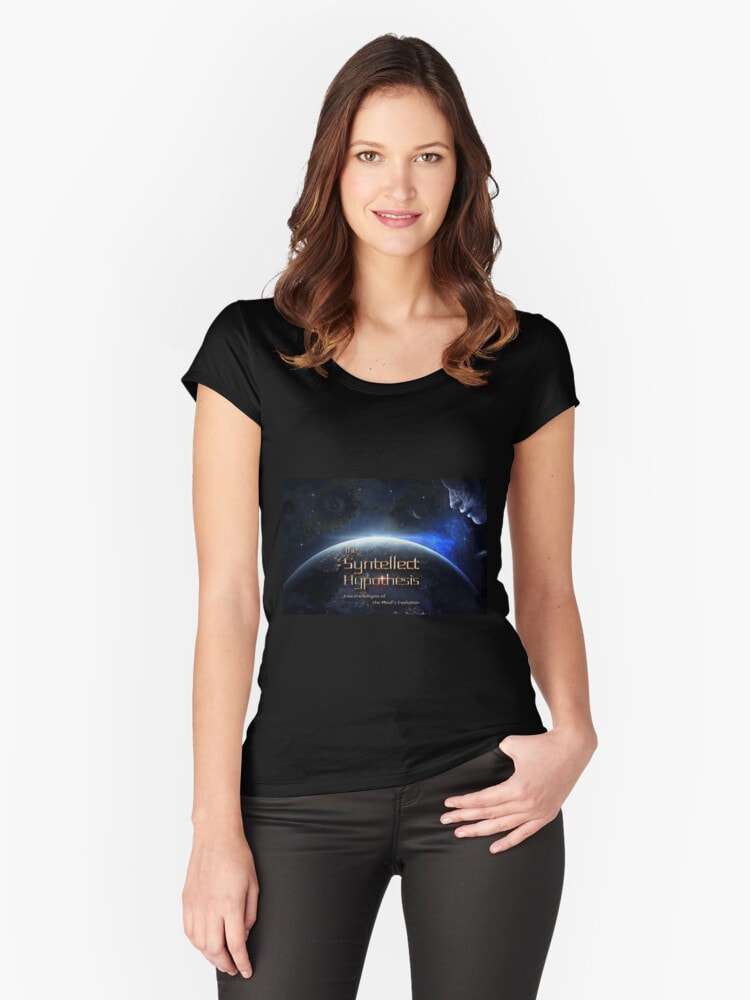|
by Alex Vikoulov "Improving the quality of consciousness, advancing the quality and depth of awareness, understanding your nature and purpose, manifesting universal unconditional love, letting go of fear and eliminating ego, desires, wants, needs or preconceived notions – these are the attributes and results of a successfully evolving consciousness.” –Tom Campbell Our physical space-time reality isn’t really "physical" at all, its apparent solidity of objects, as well as any other associated property such as time, is an illusion. As a renowned physicist Niels Bohr once said: "Everything we call real is made of things that cannot be regarded as real.” But what's not an illusion is your subjective experience, i.e., your consciousness; that's the only "real" thing, according to proponents of Experiential Realism, also referred to as Conscious Realism. A key problem with materialism is that it has been unable to explain, even in principle, how arrangements of matter can possibly generate subjective experience. This is known in neuroscience and philosophy of mind as the ‘hard problem of consciousness,’ formulated by philosopher David Chalmers. The problem is so disconcerting that some materialist philosophers even try to absurdly deny the very existence of consciousness, the sole carrier of reality anyone can ever know. In the meantime, the solution has been hiding in plain sight all along: What philosopher Peter Russell calls 'The Primacy of Consciousness' the cognitive scientist Donald Hoffman calls 'Conscious Realism'; my preferred term, however, would be 'Experiential Realism'. So, why Experiential Realism? From the bigger picture perspective, we are here for experience necessary for evolution of our conscious minds. Our limitations, such as our ego, belief traps, political correctness, our very human condition define who we are, but the realization that we largely impose those limitations on ourselves gives us more evolvability and impetus to overcome these self-imposed limits to move towards higher goals and state of being. We are what we’ve experienced — the sum of our experiences define who we are. In this sense, as free will agents, we are co-creators within this experiential matrix. Non-duality is the essence of Experiential Realism — experience and experiencer are one. How can you possibly separate your own existence from the world, the observer from the observed? Today, philosophers and scientists argue that information is fundamental but consciousness is required to assign meaning to it. That makes consciousness (our experience in a broader sense) the most fundamental, irreducible ground of existence itself, while some philosophers suggest consciousness is all that is.  Experiential realism refers to interacting entangled conscious agents at various ontological levels, giving rise to conscious experience all the way down, and I'd argue all the way up, seemingly ad infinitum. It's a "matryoshka" of embedded realities: conscious minds within larger minds. In an interview with The Atlantic cognitive scientist Donald D. Hoffman says: “I call it conscious realism: Objective reality is just conscious agents, just points of view. Interestingly, I can take two conscious agents and have them interact, and the mathematical structure of that interaction also satisfies the definition of a conscious agent. This mathematics is telling me something. I can take two minds, and they can generate a new, unified single mind. Here’s a concrete example. We have two hemispheres in our brain. But when you do a split-brain operation, a complete transection of the corpus callosum, you get clear evidence of two separate consciousnesses. Before that slicing happened, it seemed there was a single unified consciousness. So it’s not implausible that there is a single conscious agent. And yet it’s also the case that there are two conscious agents there, and you can see that when they’re split. I didn’t expect that, the mathematics forced me to recognize this. It suggests that I can take separate observers, put them together and create new observers, and keep doing this ad infinitum. It’s conscious agents all the way down." Experiential Realism is a non-physicalist, monistic idealism. It is not to be confused with Naïve Realism, the idea that we see the world around us objectively, as it is. We don't. Just the opposite is true. Experiential Realism is predicated on the centrality of observers and all-encompassing quantum computational principles. The objective world, i.e., the world whose existence does not depend on the perceptions of a particular observer, consists entirely of conscious agents, more precisely their experiences. What exists in the objective world, independent of my perceptions, is a world of conscious agents, not a world of unconscious particles and fields. Consciousness is Nature's sole ontological primitive. The mind-body problem is approached with an assumption that consciousness creates all objects and properties of the physical world, as well as brain activity, not the other way around. All conscious agents experience their own species-specific perceptual realities, virtual worlds, so to speak. That's why it's not easy to catch a fly -- your threatening hand is so incredibly slow for a fly whose flow of time is hundreds of times faster than that of a human. My recent book “The Syntellect Hypothesis: Five Paradigms of the Mind's Evolution” is all about evolution of the conscious mind and the physics of information. The science of consciousness that approaches its subject matter from a third-person perspective should, I maintain, be treated with a healthy amount of open-minded skepticism. Traditionally, science has been objective, consciousness, on the other hand, is subjective, first-person direct experience of our physical reality. I conjecture that with advances of Strong AI, neurophilosophy, computational neuroscience, brain scanning, optogenetics, nanotech and simulation technologies, we would be able to eventually capture the first-person experience, including perception, pain, imagery, fear, excitement, thought, memory, etc. with sufficiently high fidelity (at least close approximation of how it is to be like a certain person, or a certain animal for that matter) and convert that data into "the 2nd person" experience for training, research or entertainment. At last, science could be equipped with an exceptional "avatarist" tool to objectify and quantify personal subjectivity. After all, our phenomenal minds carve out experiential reality at increments of conscious instants (cf. Digital Presentism). Video: D-Theory of Time: Digital Presentism - Ecstadelic Media (cc) I wouldn't be surprised, if within a couple of decades time, science will have made a leap towards the physics of information as a more parsimonious model of our world, fully developed quantum gravity theory ("It from Qubit," perhaps?) and incorporated consciousness into our scientific models. After all, I'd argue, information is "Modus Operandi" of consciousness but our conscious mind is what makes the "processed information" irreducible which, from moment to moment, manifests in phenomenality of our subjective experience. Phenomenal states are distinct informational states. Experiential Realism is closely related to Digital Pantheism, my theosophy stemming from Computational Physics. The more elaborate Digital Pantheism Argument is contained in the book but here’s a simple logical proof for the existence of God: We don’t have direct "unfiltered" access to Reality as it is: Our perceptual reality is always limited and thus should be regarded as simulated, be it on a neurological level, societal (culturally-sanctioned) level or as a computationally rendered [virtual] reality under digital ontology. Hyperreality, therefore, would be the ultimate reality [of "God"] where anything is possible but not necessarily experienced. We are "God incarnates" as finite beings whose reality is fundamentally experiential. When apprehending this transcendent reality, God’s existence transpires as a factual and self-evident necessity. In turn, life is a virtual game with its own ruleset (we call the 'Laws of Nature') and unpredictability of outcomes (which makes it a "game"). -Alex Vikoulov P.S. Adapted from The Syntellect Hypothesis: Five Paradigms of the Mind's Evolution available now as eBook, paperback, hardcover, and audiobook on Amazon, Audible, Barnes & Noble, and directly from the publisher - Ecstadelic Media Group. Tags: self-transcendence, transcendence, neuroscience, collective intelligence, sentience, self-awareness, Strong AI, human psychology, human motivation, transformative technology, self-actualization, psychedelic depersonalization, extended phenotype, artificial intelligence, Tom Campbell, Neil Bohr, Quantum Multiverse, Syntellect Hypothesis, Extended Mind Hypothesis, Hard Problem of Consciousness, Digital Physics, Computational Physics, conscious experience, ontology, ontological primitive, digital pantheism, digital pantheism argument, superintelligence, singularity, mind uploading, postbiological superintelligence, posthuman superintelligence, Syntellect emergence, technological singularity, virtual reality, conscious agent, human evolution, transcendent other, AI, AGI, artificial general intelligence, digital mind, digital immortality, experiential realism, conscious realism, philosophy of mind, science of mind, evolution of consciousness, phenomenology, posthumanism, quantum consciousness, It from Qubit, transcendentalism, neo-transcendentalism *Image Credit: Ecstadelic Media, Shutterstock About the Author: Alex Vikoulov is a Russian-American futurist, evolutionary cyberneticist and philosopher of mind, CEO/Editor-in-Chief of Ecstadelic Media Group, painter, essayist, media commentator, author of "The Syntellect Hypothesis: Five Paradigms of the Mind's Evolution," "The Origins of Us: Evolutionary Emergence and The Omega Point Cosmology," "The Physics of Time: D-Theory of Time & Temporal Mechanics," "The Intelligence Supernova: Essays on Cybernetic Transhumanism, The Simulation Singularity & The Syntellect Emergence," "Theology of Digital Physics: Phenomenal Consciousness, The Cosmic Self & The Pantheistic Interpretation of Our Holographic Reality," "NOOGENESIS: Computational Biology," "TECHNOCULTURE: The Rise of Man." Self-described neo-transcendentalist, digital theologian, transhumanist singularitarian. Lives in Burlingame, California (San Francisco Bay Area). More Bio... Author Website: www.alexvikoulov.com e-mail: [email protected]
3 Comments
Can’t we all just get along?
Reply
Leave a Reply. |
Categories
All
Recent Publications The Cybernetic Theory of Mind by Alex M. Vikoulov (2022): eBook Series The Syntellect Hypothesis: Five Paradigms of the Mind's Evolution by Alex M. Vikoulov (2020): eBook Paperback Hardcover Audiobook The Omega Singularity: Universal Mind & The Fractal Multiverse by Alex M. Vikoulov (2022): eBook THEOGENESIS: Transdimensional Propagation & Universal Expansion by Alex M. Vikoulov (2021): eBook The Cybernetic Singularity: The Syntellect Emergence by Alex M. Vikoulov (2021): eBook TECHNOCULTURE: The Rise of Man by Alex M. Vikoulov (2020) eBook NOOGENESIS: Computational Biology by Alex M. Vikoulov (2020): eBook The Ouroboros Code: Reality's Digital Alchemy Self-Simulation Bridging Science and Spirituality by Antonin Tuynman (2019) eBook Paperback The Science and Philosophy of Information by Alex M. Vikoulov (2019): eBook Series Theology of Digital Physics: Phenomenal Consciousness, The Cosmic Self & The Pantheistic Interpretation of Our Holographic Reality by Alex M. Vikoulov (2019) eBook The Intelligence Supernova: Essays on Cybernetic Transhumanism, The Simulation Singularity & The Syntellect Emergence by Alex M. Vikoulov (2019) eBook The Physics of Time: D-Theory of Time & Temporal Mechanics by Alex M. Vikoulov (2019): eBook The Origins of Us: Evolutionary Emergence and The Omega Point Cosmology by Alex M. Vikoulov (2019): eBook More Than An Algorithm: Exploring the gap between natural evolution and digitally computed artificial intelligence by Antonin Tuynman (2019): eBook Our Facebook Pages
A quote on the go"When I woke up one morning I got poetically epiphanized: To us, our dreams at night feel “oh so real” when inside them but they are what they are - dreams against the backdrop of daily reality. Our daily reality is like nightly dreams against the backdrop of the larger reality. This is something we all know deep down to be true... The question then becomes how to "lucidify" this dream of reality?"— Alex M. Vikoulov Public Forums Our Custom GPTs
Alex Vikoulov AGI (Premium*)
Be Part of Our Network! *Subscribe to Premium Access Make a Donation Syndicate Content Write a Paid Review Submit Your Article Submit Your Press Release Submit Your e-News Contact Us
|

